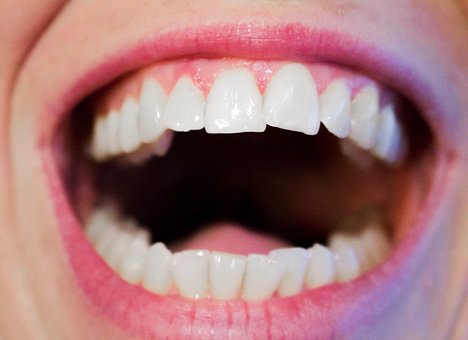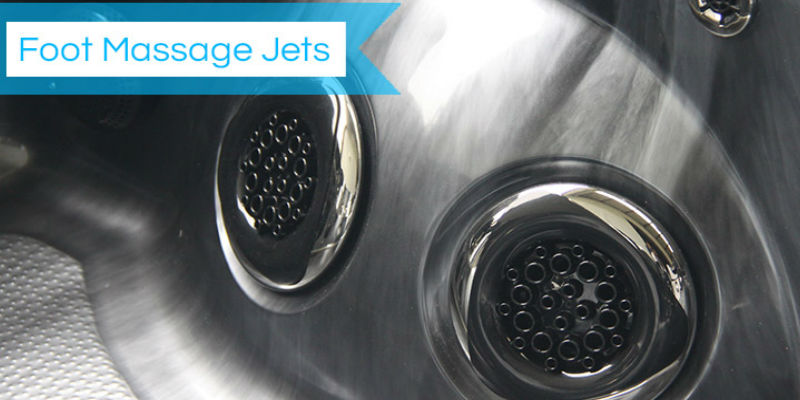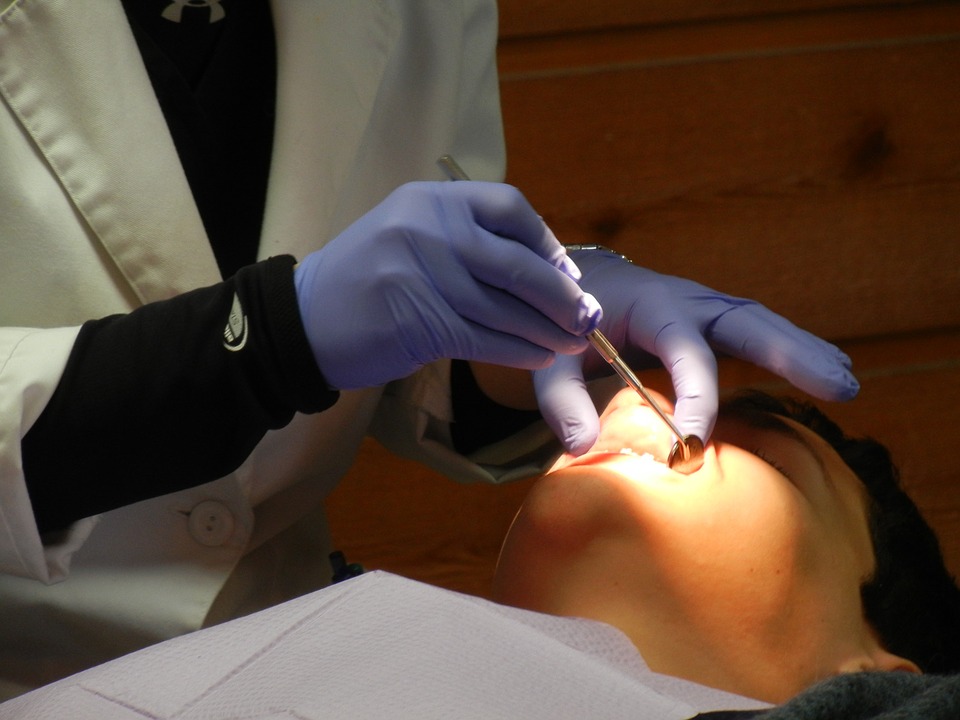Good oral health is not just about having a bright, beautiful smile; it is also critical for overall health and well-being. Preventive dentistry plays a vital role in protecting your smile for the future by preventing dental issues before they arise or progress. Regular check-ups, cleanings, and maintaining good oral hygiene habits are essential components of preventive care, offering long-term benefits such as fewer dental emergencies, reduced costs, and improved overall health.
In this guest post, we’ll dive into the importance of preventive dentistry, the steps involved in keeping your smile healthy, and how this approach can lead to a lifetime of strong teeth and gums.
What Is Preventive Dentistry?
Preventive dentistry refers to the practices and treatments that help maintain oral health and prevent dental problems from developing or worsening. The goal of preventive dentistry is to avoid the need for more complex dental procedures in the future by focusing on early intervention and consistent maintenance.
Preventive care includes regular dental visits, professional cleanings, fluoride treatments, dental sealants, and the use of at-home hygiene products like toothbrushes, floss, and mouthwash. By adopting a preventive approach, individuals can avoid or minimize common dental issues such as cavities, gum disease, tooth loss, and other oral health problems.
Why Preventive Dentistry Is Important
1. Prevents Cavities and Tooth Decay
One of the primary benefits of preventive dentistry is the prevention of cavities and tooth decay. Tooth decay occurs when plaque and bacteria build up on the surface of your teeth, producing acids that erode the enamel and cause cavities. While brushing and flossing regularly are essential for removing plaque, routine cleanings by your dentist ensure that hard-to-reach areas are thoroughly cleaned.
Additionally, dental sealants and fluoride treatments can further protect your teeth from decay by forming a protective barrier against harmful bacteria. By practicing preventive care, you can avoid the need for fillings, crowns, or other restorative treatments.
2. Protects Against Gum Disease
Gum disease, or periodontal disease, is a serious condition that can lead to tooth loss if left untreated. It begins with gingivitis, a mild form of gum disease that causes inflammation and bleeding of the gums. If not addressed, gingivitis can progress to periodontitis, which damages the bone and tissue that support the teeth.
Regular dental check-ups and professional cleanings are essential for preventing and detecting gum disease early. During a cleaning, your dentist or hygienist can remove plaque and tartar buildup from the gums, preventing bacteria from attacking the soft tissues. If gum disease is caught early, it can be treated with simple interventions like deep cleanings or scaling and root planing. In severe cases, surgical procedures may be necessary, but early detection can help you avoid more invasive treatments.
3. Saves Money and Time
While preventive dental care may seem like an additional expense, it can actually save you money in the long run. Regular check-ups allow your dentist to catch minor issues before they develop into major problems that require costly treatments, such as root canals, crowns, or extractions.
For instance, a small cavity that is detected early and treated with a filling will cost significantly less than a tooth that has decayed to the point of needing a root canal. Preventive care can reduce the need for emergency visits and extensive dental work, leading to lower overall dental costs.
4. Improves Overall Health
Your oral health is closely linked to your overall health. Research has shown that poor oral hygiene and untreated dental issues can contribute to various systemic health conditions, including heart disease, diabetes, and respiratory infections. Gum disease, in particular, has been associated with an increased risk of cardiovascular problems, as the bacteria from infected gums can enter the bloodstream and affect other parts of the body.
By practicing preventive dentistry, you’re not only protecting your smile, but you’re also taking an active step in preserving your overall health. Regular dental visits can also help identify signs of serious conditions like oral cancer, which can often go unnoticed without professional screenings.
5. Enhances Self-Confidence
A healthy smile can significantly impact your self-esteem and confidence. Preventive dentistry ensures that your teeth remain strong, clean, and aesthetically pleasing, allowing you to smile confidently. Routine cleanings help prevent bad breath, yellowing, and plaque buildup, all of which can affect your appearance and how you feel about your smile.
In addition, preventive care can help maintain the appearance of dental work, such as crowns, fillings, and veneers, keeping them in top condition and prolonging their lifespan. Regular visits allow your dentist to monitor the condition of any restorations and make adjustments when necessary.
Preventive Dentistry: Key Components
There are several key elements to preventive dentistry that can help protect your smile and improve your overall health.
1. Regular Dental Check-ups
Regular dental visits are the cornerstone of preventive dentistry. You should visit your dentist at least twice a year for check-ups and professional cleanings. During these visits, your dentist will examine your teeth, gums, and mouth to check for signs of cavities, gum disease, oral cancer, or other health issues. They may also take X-rays to detect problems that are not visible to the naked eye.
2. Professional Teeth Cleanings
Even if you brush and floss regularly at home, plaque and tartar can still accumulate on your teeth over time. During a professional cleaning, your hygienist will remove this buildup and polish your teeth, leaving your smile feeling fresh and healthy. This cleaning also prevents gum disease and cavities from developing.
3. Fluoride Treatments
Fluoride is a natural mineral that helps strengthen tooth enamel, making it more resistant to decay. Fluoride treatments are often applied during professional cleanings, providing an extra layer of protection against cavities. Your dentist may recommend fluoride treatments if you are at higher risk for cavities or if you live in an area with low fluoride levels in the water.
4. Dental Sealants
Dental sealants are thin, protective coatings applied to the chewing surfaces of your back teeth. They prevent food particles and bacteria from settling in the grooves and crevices of your teeth, reducing the risk of cavities. Sealants are particularly useful for children and teenagers but can also benefit adults who are at risk for cavities.
5. Oral Hygiene Education
In addition to professional treatments, preventive dentistry includes education on proper oral hygiene techniques. Your dentist will provide guidance on brushing, flossing, and using mouthwash effectively to maintain your oral health at home. They may also discuss lifestyle factors such as diet, smoking, and alcohol consumption, which can impact your teeth and gums.
Conclusion
Preventive dentistry is a critical component of maintaining good oral health and preventing serious dental issues down the road. Regular check-ups, cleanings, and good oral hygiene habits can save you money, reduce the need for invasive treatments, and improve your overall health and well-being. By investing in preventive care today, you’re ensuring a brighter, healthier smile for the future.
If you’re due for a check-up or need guidance on how to improve your oral hygiene routine, schedule an appointment with your dentist at Castle Hills Dentistry today. Taking proactive steps toward your oral health now can help protect your smile for years to come.



